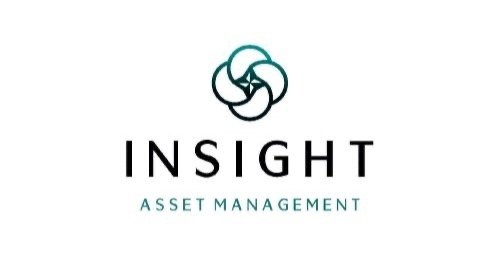Why Group Retirement Plans Are a Win for Business Owners
As a business owner, you’re always looking for ways to maximize your financial strategy—not just for the business, but for yourself and your team. One of the most powerful tools at your disposal is a group retirement plan. Designed correctly, these plans offer valuable benefits for both business owners and employees.
Here are just a few ways a group retirement plan can benefit you as the business owner.
1. Tax Advantages: Reduce Your Tax Burden
Offering a group retirement plan can help reduce your business's taxable income. Contributions to employee accounts—whether it’s a 401(k), SEP IRA, or other plans—are tax-deductible, providing immediate tax savings.
As the business owner, you can also contribute to the plan, reducing your personal taxable income. This allows you to save more for your own retirement while lowering your tax liability today.
Fun Fact: If you have a Profit Sharing Plan as part of your 401(k), you can contribute more as an employer than as an employee, and those contributions are still tax-deductible.
2. Cash Balance Plans: Higher Contribution Limits for Owners
If you want to save more for retirement, a cash balance plan might be an excellent option. These defined benefit plans allow for much higher contribution limits compared to traditional 401(k)s.
Cash balance plans can be particularly beneficial for business owners in their 40s or 50s looking to accelerate their retirement savings. With higher annual contribution limits, you can put away tens of thousands more than in a standard 401(k), helping you catch up on retirement.
3. Retain Key Employees
A group retirement plan may be an effective tool for retaining key employees. Offering a retirement plan with employer contributions demonstrates your commitment to your team’s financial security and can help boost employee loyalty.
You can also structure the plan to retain top performers longer by implementing vesting schedules—this incentivizes employees to stay with your company for the long term.
4. Flexibility to Align with Business Goals
Group retirement plans are highly flexible and can be tailored to fit your business goals. Whether you're looking to maximize tax savings, save more for your retirement, or retain key talent, there’s a plan for that.
Plans like SEP IRAs or 401(k)s allow for varying contribution amounts depending on business growth, making it easier to adapt the plan to your company’s needs.
The Bottom Line: A Smart Investment for Business Owners
When I work with business owners to either establish a new plan or modify their existing plan, one of the first things I ask them is if the purpose of the plan is to maximize the benefits for them as the owner or maximize the benefits to their employees. That creates a good starting point for designing the right plan for them and their business.
It’s also important to understand how your group retirement plan and your business fit into your personal financial plan. Are they all working together to meet your short-term and long-term goals?
If you want to talk through ideas on how to design a group retirement plan that works best for you or talk over how to make modifications to your existing plan, feel free to reach out anytime, or click the link below to schedule a time to talk.
Matt Tuft CFP® - matt.tuft@insightassetmgmt.com 303-902-8885
Click Here to Schedule a Meeting
The content is developed from sources believed to be providing accurate information. The information in this material is not intended as tax or legal advice. Please consult legal or tax professionals for specific information regarding your individual situation. Some of this material was developed and produced by FMG Suite to provide information on a topic that may be of interest. FMG Suite is not affiliated with the named representative, broker - dealer, state - or SEC - registered investment advisory firm. The opinions expressed and material provided are for general information and should not be considered a solicitation for the purchase or sale of any security.
